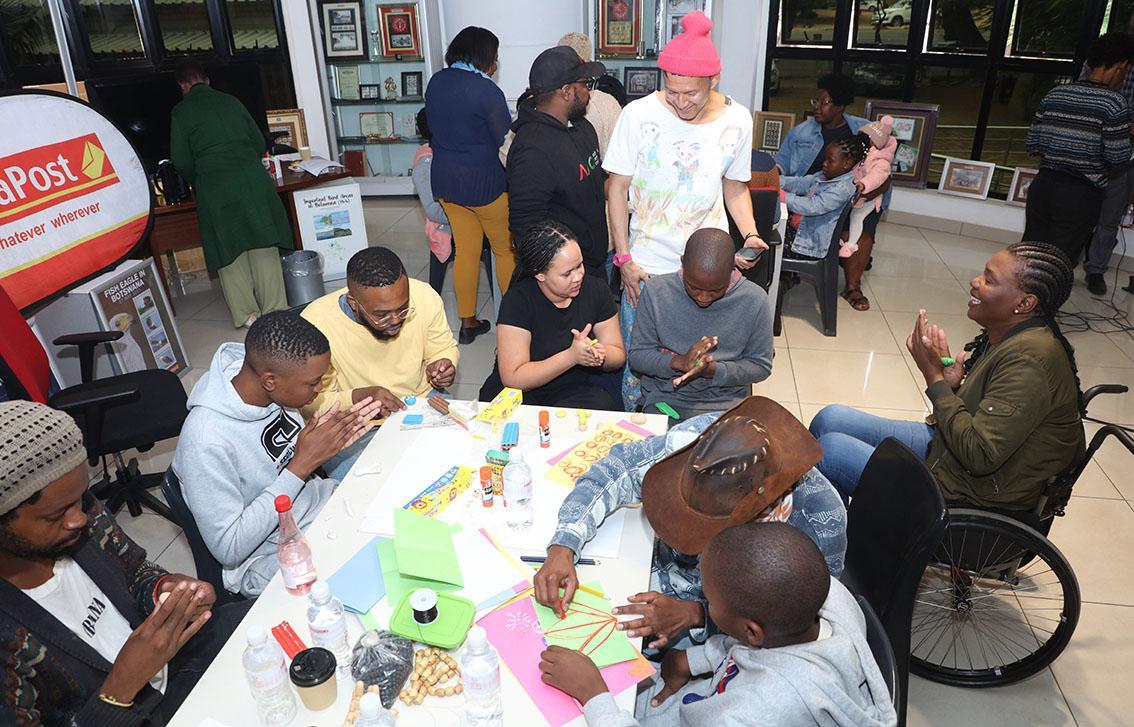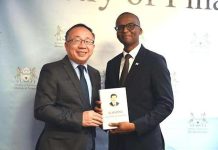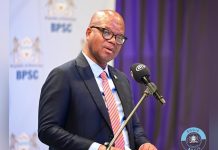Africa-Press – Botswana. How many teachers, facing overcrowded classrooms, are expected to include autistic learners without training, specialist support, or clear national guidelines? And perhaps the most important question: how many children are we quietly failing without even realising it?
These questions illuminate a national gap we have allowed to widen for far too long. Botswana and most (if not all) African countries have no dedicated national autism strategy, no overarching plan that coordinates early diagnosis, school inclusion, therapy, community support, or transition into adulthood. In the absence of a formal framework, autistic children and their families navigate an uncharted journey, often alone, relying on luck, personal resources, and the goodwill of volunteers.
Meanwhile, evidence continues to grow. Globally, autism affects around 1% of all people, although African research remains limited and likely understates the true picture. A major 2016 review, published in Behavioural Neurology, warns that significant diagnostic delays for Autism Spectrum Disorders (ASDs) in Africa are linked to insufficient evidence and weak support systems. In Nigeria, research estimates autism prevalence at around 2.3% of children, suggesting that countries like Botswana could also be seeing thousands of children with autism, many unsupported.
Indeed, Botswana is fortunate to have passionate civil society organisations trying to fill the gap. Autism Botswana, among others, has played a heroic role in raising awareness, educating communities, challenging stigma, and supporting parents. For more than a decade, these NGOs, including those in countries like South Africa and Nigeria, have been the backbone of autism advocacy, organising awareness walks, conducting school visits, and helping families navigate a maze of limited services. Their work is invaluable. But awareness alone is not enough, not by a mile.
NGOs cannot build nationwide diagnostic pathways. They cannot train every teacher in the country. They cannot institutionalise early childhood screening across all clinics. They cannot build autism-friendly classrooms in every district. They cannot provide sustained funding for therapy, assessments, and assistive technology that many families simply cannot afford. They cannot ensure that autistic teenagers transition into supportive employment or post-secondary opportunities.
These responsibilities belong to the state.
Other nations have already recognised this. Across Europe and North America, autism is treated as a national priority that demands coordinated policy, backed by law, funding, and accountability.
In the United Kingdom, for example, autism is not left to chance. The Autism Act of 2009, the world’s first autism-specific piece of legislation, compels the UK government to create and implement a unified national plan. That legal foundation now anchors the National Autism Strategy (2021–2026), a comprehensive framework covering early diagnosis, teacher training, mental health support, community inclusion, and adult services. It ensures that every region, urban or rural, follows the same minimum standard of care. Is it perfect? Not at all, but the message is clear: autism is not a private family struggle; it is a public responsibility.
Canada is moving in the same direction. After recognising severe disparities between provinces, the Canadian government has begun implementing a National Autism Strategy aimed at harmonising services, reducing wait times, and improving inclusive schooling. The strategy was built through extensive public consultations, centring autistic people and their families. I must stress here that the goal is not perfection but coordination, a recognition that a fragmented system cannot serve vulnerable children.
Botswana does not have to copy these countries, but we can certainly learn from them.
Our own Inclusive Education Policy (2011) provides a strong foundation, yet it is not designed to meet the specific needs of children with autism. Autism often requires early diagnosis, structured teaching approaches, trained teachers, trained education assistants, education psychologists, occupational therapists, sensory-friendly environments, and consistent communication strategies. Without a doubt, a general policy cannot deliver this level of planning or coordination. Without a dedicated autism strategy, support will always be uneven, excellent in some places, absent in others.
Another major gap is data. Botswana (and of course most African countries) currently has no national data on autism prevalence, meaning we do not know how many children need support, what resources are required, or how to plan future services. Countries with national autism strategies typically begin by building strong data systems, because you cannot manage what you do not measure. Without data, planning becomes guesswork, and children pay the price. And as scholars often say, what is not counted is easily excluded.
And then there is the question of adulthood. Autism does not end at age 18. Without national policy, autistic adults in Botswana face uncertain access to employment, mental health support, and independent living. Many become invisible in a system that has no place for them.
Imagine a Botswana where every clinic screens toddlers for developmental delays before they enter preschool. Imagine teachers trained to support autistic learners with confidence instead of fear. Imagine families no longer forced to travel across districts or borders to get a diagnosis. Imagine autistic adults supported into meaningful employment rather than being excluded from the workforce.
These are not utopian dreams. Other countries are already doing this. Botswana can, too.
But it begins with political will.
A national autism strategy would give Botswana a roadmap, one that outlines clear responsibilities, budgets, timelines, and measurable outcomes. It would unite ministries, local authorities, schools, clinics, teachers, health workers, employers, parents, and autistic people themselves around one shared vision: a society where autistic individuals are supported, valued, and included from childhood to adulthood.
NGOs have shown us the way forward. Now the government must lead.
A national autism strategy is no longer optional. It is overdue. It is urgent. And more than anything, it is a moral responsibility to ensure that no child in Botswana is left behind simply because the country has not yet chosen to plan for their needs. Our children deserve nothing less.
* Ntibinyane Ntibinyane is an Assistant Professor in the Department of Communication at MacEwan University in Edmonton, Canada. He teaches courses in journalism, with research interests in investigative reporting, digital storytelling, and issues of equity, diversity, and inclusion in education.
mmegi
For More News And Analysis About Botswana Follow Africa-Press






